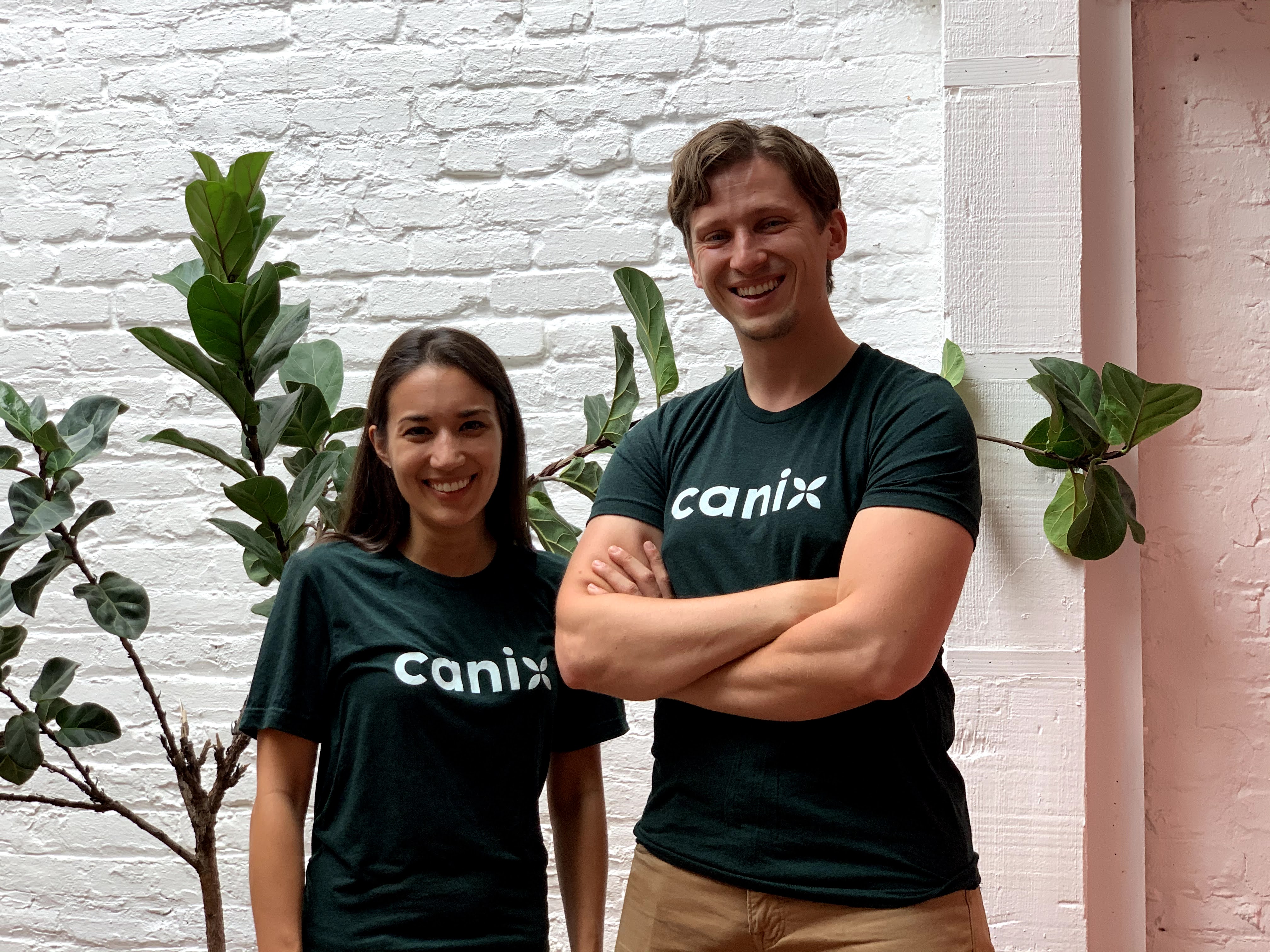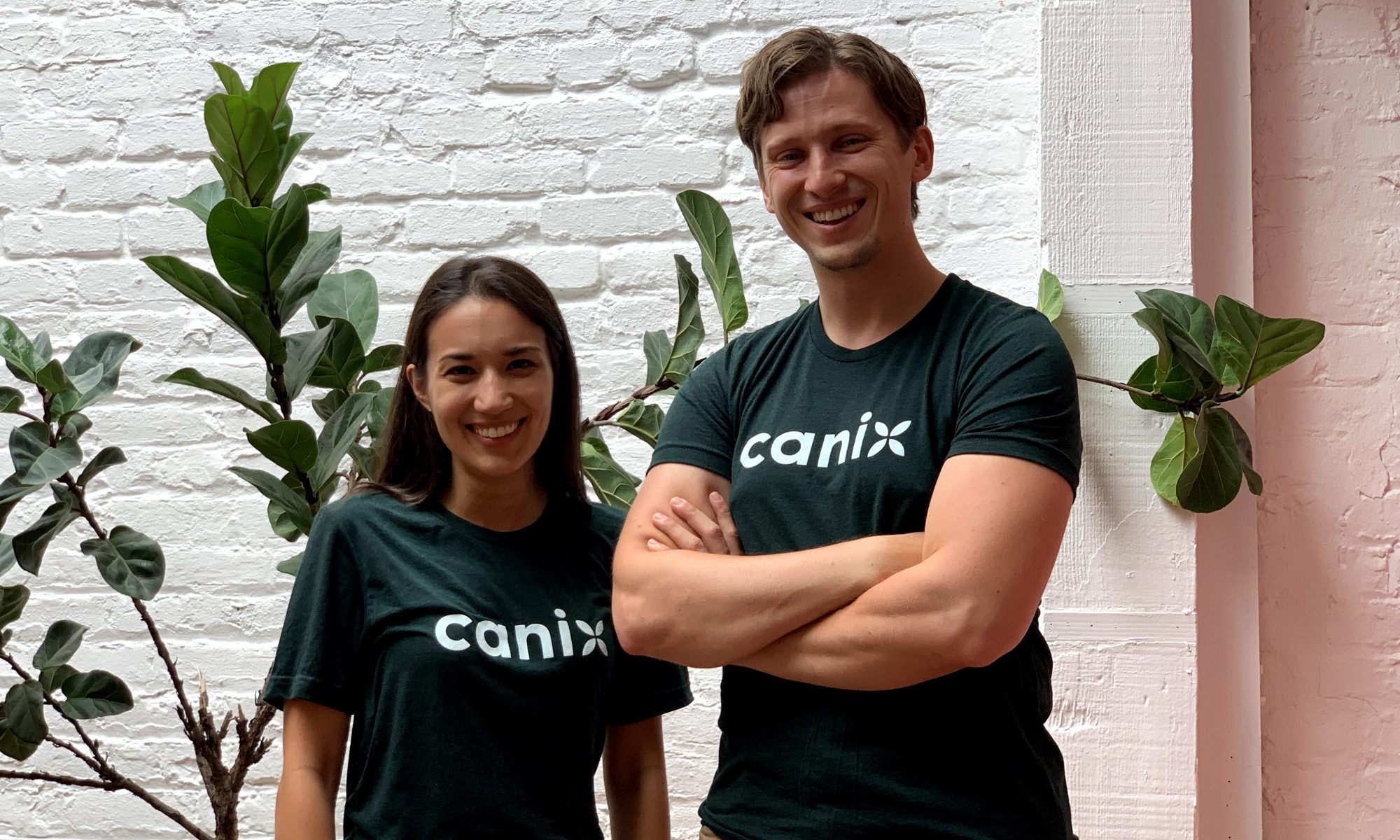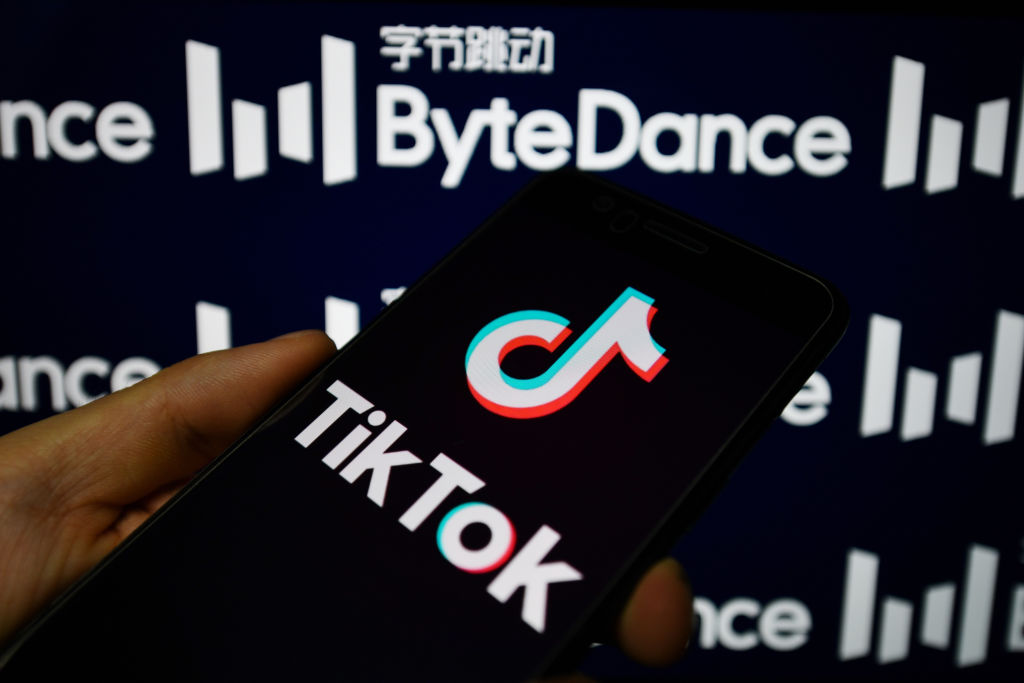Editor’s note: Get this free weekly recap of TechCrunch news that any startup can use by email every Saturday morning (7 a.m. PT). Subscribe here.
While TechCrunch was busy producing our first-ever online Disrupt this week, the IPO market got even more exciting than expected — so here’s a quick look. Snowflake, Jfrog, Sumo Logic and Unity each raised price ranges days before IPO, to meet what had seemed like growing enthusiasm from public markets. Yet each still opened higher than its offering price, with cloud data-warehousing company Snowflake’s value doubling to make it the largest software IPO in history and Unity up 30%.
Despite the pandemic and various major turmoils around the world, the promise of these companies is helping to maintain optimism from retail investors to people thinking about founding a company.
Here’s a quick look at our coverage of the main companies in the IPO process this week, in chronological order:
Snowflake and JFrog raise IPO ranges as tech markets stay hot (EC)
As it heads for IPO, Palantir hires a chief accountant and gets approval from NYSE to trade
What’s ahead in IPO land for JFrog, Snowflake, Sumo Logic and Unity (EC)
JFrog and Snowflake’s aggressive IPO pricing point to strong demand for cloud shares (EC)
Unity raises IPO price range after JFrog, Snowflake target steep debut valuations
Go public now while software valuations make no sense, Part II
In its 4th revision to the SEC, Palantir tries to explain what the hell is going on
It’s game on as Unity begins trading
Unity Software has strong opening, gaining 31% after pricing above its raised range
And don’t miss Alex Wilhelm’s additional notes coming later today over on The Exchange weekend newsletter.

Image Credits: Canix
Disrupt 2020
Our tenth annual startup conference was remote-first this year, but it managed to capture the same sort of vibe in my humble opinion.
First, a cannabis SaaS company took home the grand prize at the Startup Battlefield competition… we are truly living in the cloud these days. Here’s more, from Matt Burns:
Growing cannabis on an industrial scale involves managing margins while continually adhering to compliance laws. For many growers, large and small, this consists of constant data entry from seed to sale. Canix’s solution employs a robust enterprise resource planning platform with a steep tilt toward reducing the time it takes to input data. This platform integrates nicely with common bookkeeping software and Metrc, an industry-wide regulatory platform, through the use of RFID scanners and Bluetooth-enabled scales. Canix launched in June 2019, and in a little over a year (and during a pandemic), acquired over 300 customers spanning more than 1,000 growing facilities and tracking the movement of 2.5 million plants.
Next, here’s an especially pithy take on the future of startups, from senior Benchmark partner Peter Fenton.
I think this opportunity to build the tools for a world that’s ‘post place’ has just opened up and is as exciting as anything I’ve seen in my venture career. You walk around right now and you see these ghosts towns, with gyms, classes you might take [and so forth] and now maybe you go online and do Peloton, or that class you maybe do online. So I think a whole field of opportunities will move into this post-place delivery mechanism that are really exciting. [It] could be 10 to 20 years of innovation that just got pulled forward into today.
The truth is that I have not had time to watch all of the talks — I was busy with the Extra Crunch stage and other stuff, and that’s not even counting other programming we had going on. So check out the quick selection of picks below. To catch up more, you can browse the full agenda and watch the videos here.
We’ll also be offering coverage of the EC stage plus analysis from our conversations in the coming weeks, for subscribers (which includes anyone who bought a ticket and redeemed it for an annual subscription).
Over in the real world, Tik Tok is still on track for a full shut-down despite the frantic dealmaking efforts by innumerable parties. At one point this week, it looked like Oracle and various business interests had a plan to keep Tik Tok alive as an independent company that would IPO (with some sort of national security oversight), and maybe that will still come about? I doubt Trump and his advisers will go along with that plan, given the national security problem of leaving algorithms controlled from China, and the long-term trade problem of US consumer tech being banned there too.
Meanwhile, the Bytedance-owned company also just announced 100 million users in Europe. Apparently it was a press push to counter the bad news, but as Ingrid Lunden notes, it’s hard to know what this user base means without the US. To which I’d add, European regulators are already busy going after foreign tech companies. I can’t imagine that they’ll leave an app this popular alone.
It’s another reminder that the next era will not offer startups the same possibilities for global success.

How to hire your first engineer (if you’re a nontechnical founder)
Lucas Matney talked with technical leaders and startup founders to figure out a key problem that many readers of this newsletter have had before (including me). How to get someone who can make your company a tech company? Here’s the intro, with the full thing on Extra Crunch:
Their advice spanned how to handle technical interviews, sourcing technical talent, how to decide whether your first engineering hire should become CTO — and how to best kick the can down the road if you’re not ready to start worrying about bringing on an engineer quite yet. Everyone I spoke to was quick to caution that their tips weren’t one-size-fits-all and that overcoming limited knowledge often comes down to tapping the right people to help you out and lend a greater understanding of your options.
I’ve broken down these tips into a digestible guide that’s focused on four areas:
- Sourcing technical candidates.
- How to conduct interviews.
- Making an offer.
- Taking a nontraditional route.
Across the week
TechCrunch
Calling VCs in Zurich & Geneva: Be featured in The Great TechCrunch Survey of European VC
Opendoor to go public by way of Chamath Palihapitiya SPAC
Black Tech Pipeline proves the ‘pipeline problem’ isn’t real
Gaming companies are reportedly the next targets in the US government’s potentially broader Tencent purge
Equity Monday: The TikTok mess, two funding rounds and Nvidia will buy ARM
Extra Crunch
3 VCs discuss the state of SaaS investing in 2020
The stages of traditional fundraising
Making sense of 3 edtech extension rounds
Facebook investor Jim Breyer picks Austin as Breyer Capital’s second home
Are high churn rates depressing earnings for app developers?
#EquityPod: Schools are closing their doors, but Opendoor isn’t
Hello and welcome back to Equity, TechCrunch’s venture capital-focused podcast (now on Twitter!), where we unpack the numbers behind the headlines.
This week Natasha Mascarenhas, Danny Crichton and myself hosted a live taping at Disrupt for a digital reception. It was good fun, though of course we’re looking forward to bringing the live show back to the conference next year, vaccine allowing.
Thankfully we had Chris Gates behind the scenes tweaking the dials, Alexandra Ames fitting us into the program and some folks to watch live.
What did we talk about? All of this (and some very, very bad jokes):
- The Great American SPAC-Off: As both Opendoor and Desktop Metal approach the public markets on the wings of SPACs, we ask why. And why we have to keep talking about SPACs, which we do not want to do.
- But the public markets are hot and active, with companies like JFrog and Snowflake going public to great effect. JFrog had a great IPO. Snowflake had an insane IPO.
- But there was a lot of action from the private markets as well, including Airtable raising $185 million, ApplyBoard raised a $55 million extension and Tonal raised $110 million, because connected fitness is hotter than SaaS at the moment.
- We also riffed on Natasha’s venture trends’ piece, digging into how to get to conviction in a remote-only world. As it turns out, we have notes on video games.
- And there were two new funds, including one from the Chainsmokers (hot, fun, great) and another from Greylock (traditional, Victorian and huge). In more serious commentary, the Greylock raise continues the mega-fund era.
And then we tried to play a game that may or may not make it into the final cut. Either way, it was great to have Equity back at Disrupt. More to come. Hugs from us!
Equity drops every Monday at 7:00 a.m. PT and Thursday afternoon as fast as we can get it out, so subscribe to us on Apple Podcasts, Overcast, Spotify and all the casts.

Source: Tech Crunch





